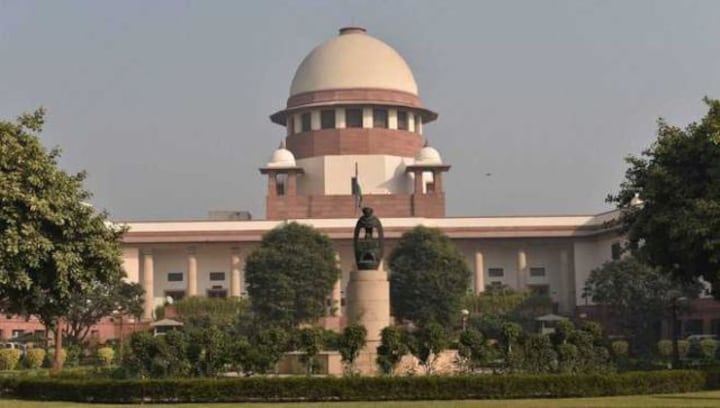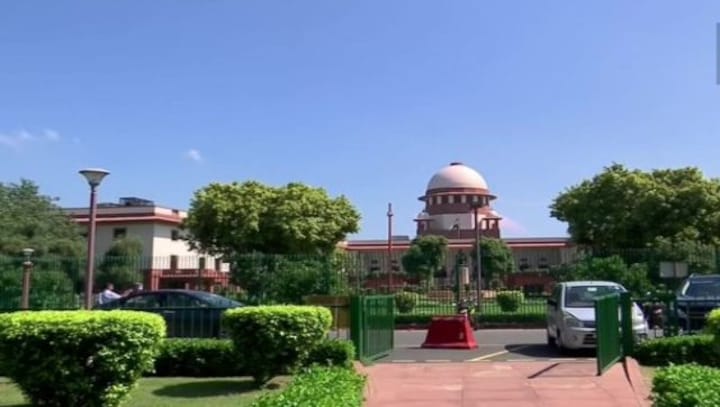Collegium System
Recent Highlights
All Stories for Collegium System

Office of CJI: Need of a fixed tenure as complicated issues warrant long-term approach
Snehil Kunwar Singh •One of the most important offices in the country functions in an ad-hoc manner without any long-term vision or planning. This affects, ultimately, the justice delivery to citizenry at large

Judicial appointments: Judiciary's independence is paramount but need to check ‘imperium in imperio’
Shishir Tripathi •Any criticism of the collegium is not meant to undermine the independence of the judiciary. It is only meant to highlight the pitfalls of the collegium system

Senior advocate Aditya Sondhi withdraws consent for elevation as Karnataka HC judge
Fp Staff •In India, names for judicial appointments are recommended by a collegium which is a committee of judges. The government is generally expected to approve the appointments

Survey of high court advocates exposes fault lines between bar, bench; greater transparency in judicial appointments need of the hour
Chitrakshi_jain •The way in which the system of appointments is currently functioning needs rethinking with a majority of the surveyed advocates demanding greater transparency in its operation

After 14 years of RTI Act, two landmark judgments by Delhi HC and appeal that waited for 9 years, Supreme Court decides CJI office comes under law
Shishir Tripathi •After 14 years of the existence of the Right to Information Act, two landmark judgments by Delhi High Court, both of which held that office of CJI is a "public authority" and is subject to the RTI Act and an appeal that had to wait for six years to be referred to a constitutional bench and again had to wait for three years, finally got a decision. And the decision is that the office of CJI is subject to RTI Act.

Firstpost Editor's Picks: Mamata Banerjee's rally, opaque collegium system and anticipated Telugu films in 2019; today's must-read stories
Fp Staff •The message from Brigade Ground is that Opposition representative from other parts of the country have endorsed Banerjee's leadership.

SC collegium under fire for elevating junior judges; apex court's appointment forum has been under scrutiny before
Fp Staff •What has really ruffled feathers within the judiciary is that the Collegium actually revisited an earlier order, which had names of more senior judges, and revoked it.

Turmoil in SC: CJI as master of roster must align with Constitution, avoid concentration of power
Malavika Prasad •The Chief Justice of India's power as 'master of roster' needs a re-look keeping in mind the perils of concentrating power in the hands of one individual.

Ad hoc judicial appointments affecting economy even as India's high courts lack 37% of required judges
Indiaspend •High courts nationwide are 37 percent short of judges, and ad hoc appointments–not posting judges to courts that need them most–are worsening delays and affecting India’s economy, according to our analysis of data released by the department of justice.

Supreme Court judges against CJI: Higher judiciary must reform itself if integrity of institution is to be preserved
Ajay Singh •That is not surprising because political practitioners in a democracy are guided by majoritarianism. India’s Supreme Court (SC) is a classic example of an institution which stood up to this evil of democracy. But history is hardly a mirror for the present, it seems.



